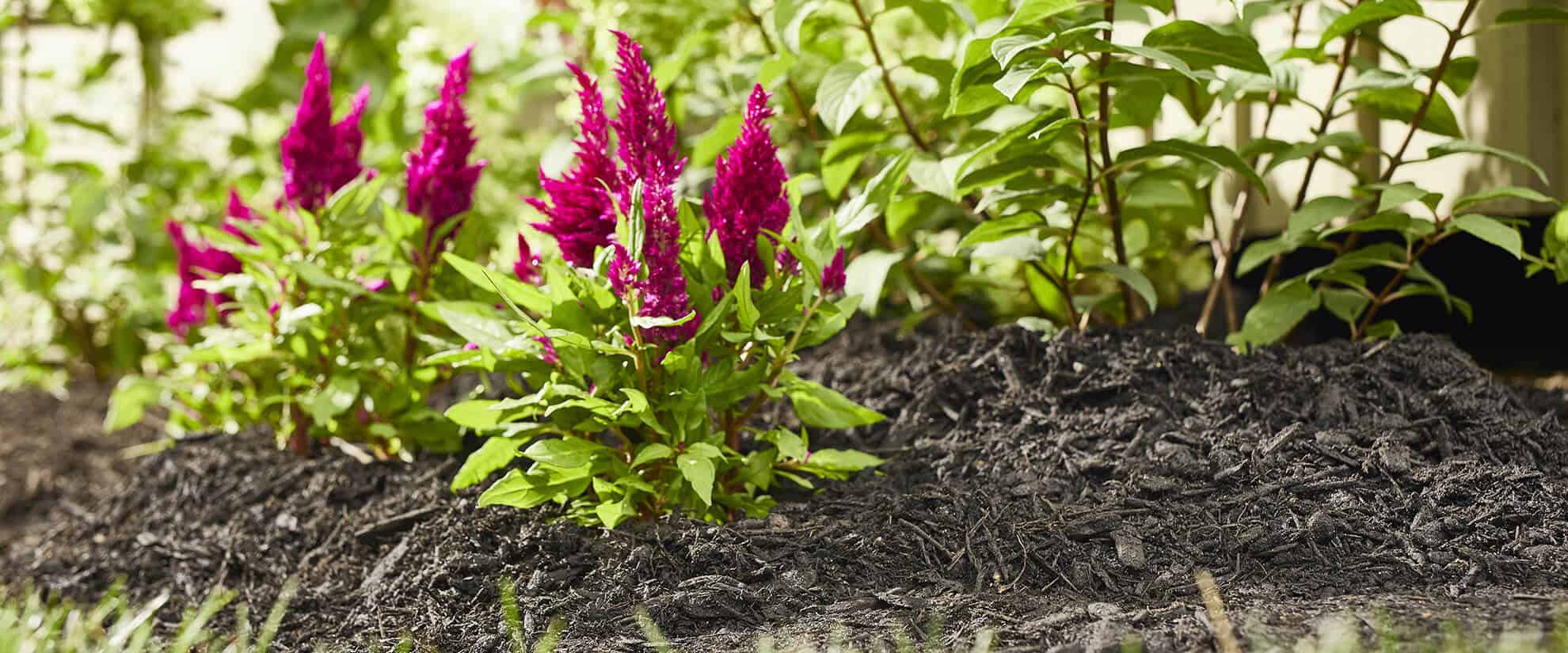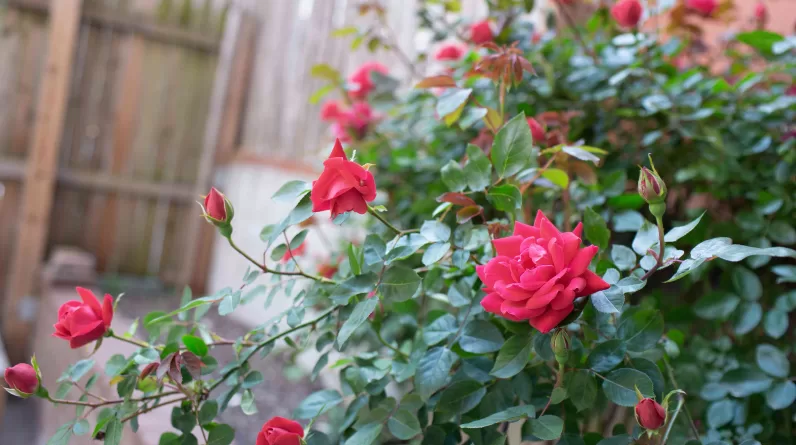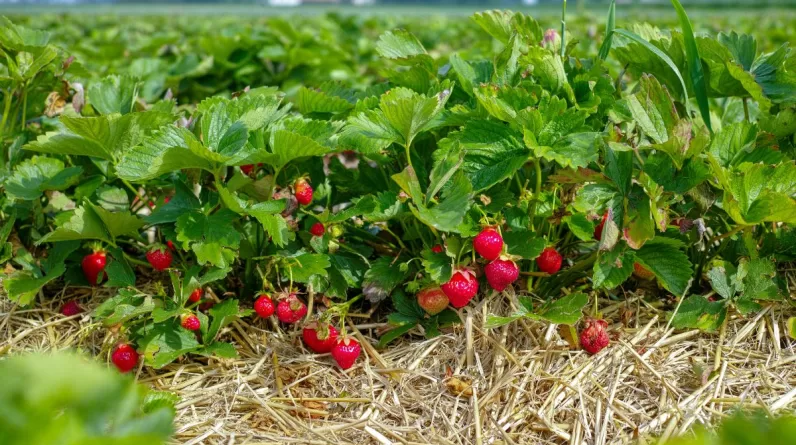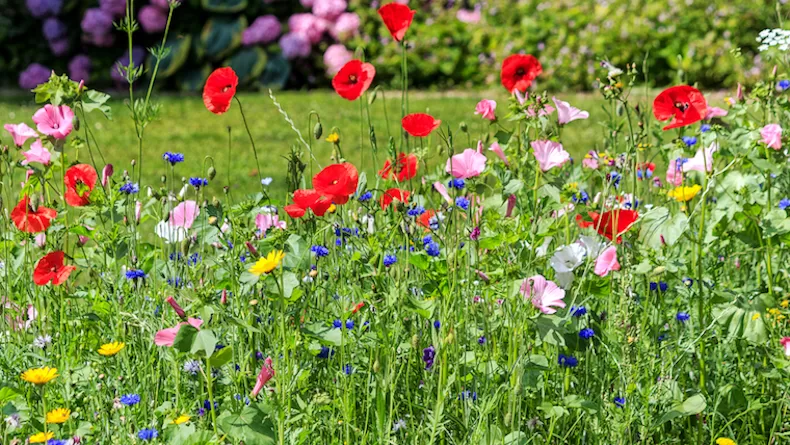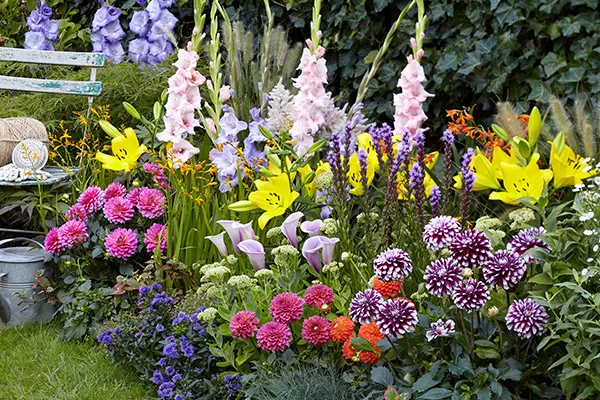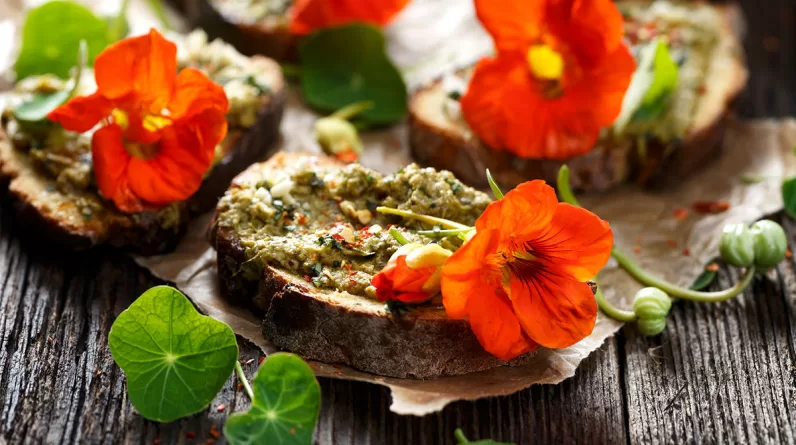While many people use mulch in their flower beds, it is rare to find it elsewhere, but many people also put mulch in their vegetable gardens or pots. In reality, mulch should be used in many more places for several reasons. Mulch is a great way to protect the soil while adding a decorative touch to your landscape. Beyond the aesthetic aspect, mulch is also very practical!
Here is a list of the main benefits of using mulch:
- Limits the growth of weeds
Weeds invade our vegetable gardens and encroach on our plants. Covering the soil with mulch creates a thick, dense barrier that blocks the sun from reaching weed seeds in the soil. Therefore, seeds cannot germinate since their main source of energy is the sun. This is a much more eco-responsible strategy than chemical products. - Reduces the need for watering
Adding a layer of mulch helps retain moisture much longer since it prevents the heat of the sun from drying out the soil. Mulchs acts like a sponge; it absorbs a good amount of water, which is great for your plants and saves you time when it comes to watering. - Limits the infestation of certain insects
Due to its rough texture, mulches are feared by slugs and snails. These types of insects can be harmful to plants. Mulchsares are an excellent solution for keeping small critters away. - Mitigates the effects of drastic temperature changes
Drastic temperature variations are harmful to plant roots. Mulchs acts as an excellent insulator: it cools the soil in summer and retains heat when temperatures drop, creating the perfect environment for your plants. - Adds organic matter to the soil
If you opt for organic mulch made from fallen leaves, for example, it will decompose over time and provide beneficial nutrients to the soil.
Mulch seems easy to use, but it is important to know some basic concepts about its use before getting started! Here are some steps to follow to add mulch to your landscape.
Choosing the Right Mulch
First of all, it is important to choose a type of mulch that suits your needs. For vegetable gardens, a mulch that decomposes quickly, such as a product made from organic or plant matter, is ideal. For flower beds, regular cedar mulching is most suitable.
The app
The ideal time to apply mulches is between late spring and early summer, as the soil begins to warm up and most plants are no longer dormant. It is important to remove weeds from the surface before application. Then simply spread a layer of approximately 5 to 10 centimeters around the plants. Be careful, the mulch should not cover the plants nor be too close to the stems so as not to hinder air circulation. Cooler, shady areas require a thinner coat, while warmer, sunnier areas require a thicker coat.
Interview
It is important to stir or rake the mulches from time to time to keep them aerated. When it becomes too compact, it prevents oxygen from reaching the roots. It is recommended to add a new layer of mulch once a year or when the existing layer becomes too thin.
Now you know that mulching is an essential step for the well-being of your plants. Since you know its essential role and its benefits, you have all the tools in hand to have beautiful plants and a beautiful vegetable garden this summer. Stop by the garden center to find everything you need!

